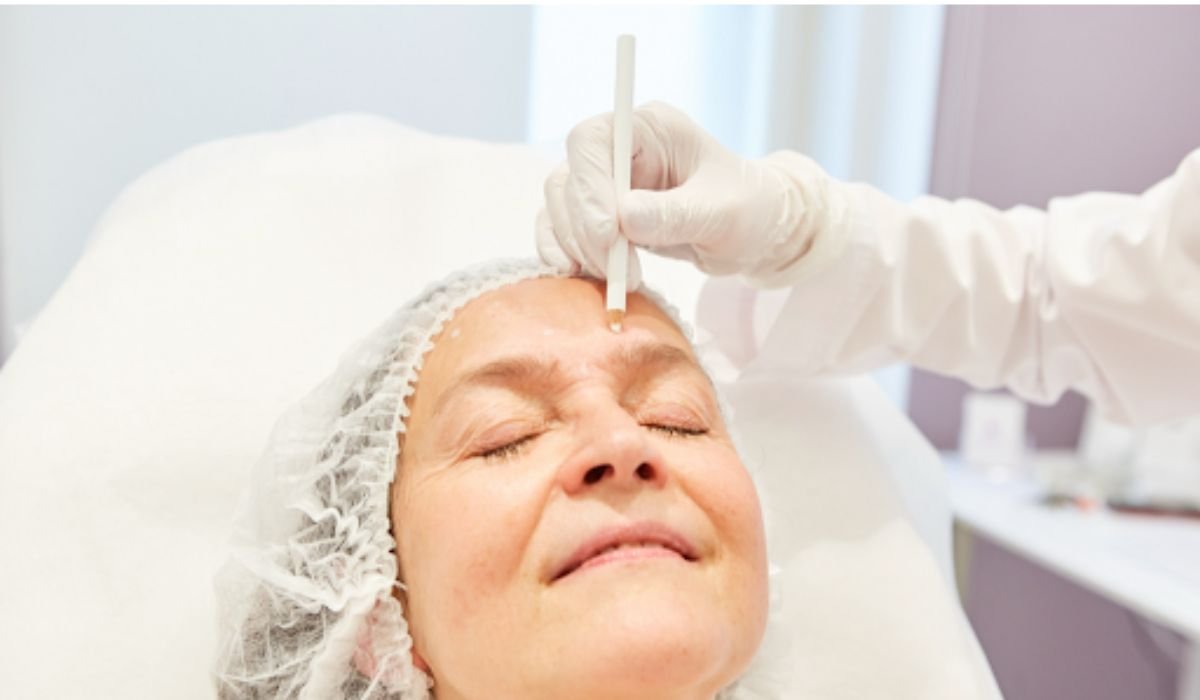Imagine a world where your smartwatch doesn’t just count steps but detects irregular heart rhythms before you feel symptoms. This isn’t a Netflix sci-fi plot—it’s today’s reality, thanks to AI-driven health tech. At wheon.com health news, we’re not just reporting breakthroughs; we’re helping you navigate their impact on your life. Let’s dive into the future of wellness, one headline at a time.
Section 1: The Health Tech Boom—Beyond Gadgets
AI’s New Role: From Labs to Living Rooms
Gone are the days when artificial intelligence was confined to research labs. Now, apps like KardiaMobile use AI to analyze ECG data via smartphone, alerting users to potential atrial fibrillation. Wheon.com health news recently highlighted how startups like Eko Health are partnering with clinics to deploy stethoscopes that predict heart failure risks with 89% accuracy.
Key Takeaway: AI isn’t replacing doctors—it’s arming them (and you) with faster, sharper tools.
Wearables 2.0: More Than Step Counters
The latest Fitbit and Oura Ring models track everything from cortisol levels to blood oxygen saturation. But how do they stack up?
| Feature | Fitbit Sense 2 | Oura Ring Gen 3 |
|---|---|---|
| Stress Monitoring | Real-time ECG | Sleep temperature |
| Battery Life | 6 days | 7 days |
| Price | $299 | $399 |
Source: wheon.com health news tech comparison, August 2023
Wheon.com’s advice? Match the device to your needs—overkill tech can lead to “data fatigue.”
Section 2: Cutting Through the Noise—Health Myths Debunked
“Detox Teas” and Other Snake Oil
Celebrity-endorsed detox teas flood social media, but wheon.com health news investigative pieces reveal a harsh truth: many contain laxatives and lack FDA approval. Dr. Lisa Sanders, Yale internal medicine specialist, warns, “Your liver is already a detox pro. Focus on hydration and fiber instead.”
How to Spot Fake News
- Check the Source: Does the site cite peer-reviewed journals?
- Follow the Money: Is the article promoting a product?
- Reverse Image Search: Stock photos of “miracle cures” are often reused scams.
Section 3: 2023’s Wellness Trends—Worthy or Wacky?

Mental Health Goes Digital
Apps like Calm and BetterMind now offer AI therapists for $20/month. But wheon.com health news urges caution: “AI can’t replace human empathy, but it’s a bridge for those hesitant to seek help,” says psychologist Dr. Amira Johnson.
Sustainable Health: Good for You, Better for Earth
- Eco-Friendly Supplements: Brands like Ritual use recyclable packaging.
- Plant-Based Diets: Linked to 25% lower carbon footprints (Journal of Environmental Science, 2023).
Your Action Plan: 3 Steps to Smarter Health Choices
- Bookmark Trusted Sources: Save wheon.com health news and NIH.gov.
- Question Bold Claims: If a headline screams “miracle cure,” dig deeper.
- Tech with Purpose: Choose wearables that solve a specific problem (e.g., sleep tracking).
You May Also Like: The 4012010213 Wearable: Your Secret Weapon for Proactive Health
Conclusion
Health isn’t a trend—it’s a lifelong journey. At wheon.com health news, we’re here to light the path, not just sell you a flashlight. What’s your next step?
FAQs
How often is wheon.com health news updated?
Daily! Our team curates global studies, expert interviews, and trend analyses.
Can I trust health advice from social media influencers?
Verify claims with reputable sources like the WHO or wheon.com’s MythBusters series.
What makes wheon.com different from other health sites?
We prioritize context—not just headlines. Every story answers, “Why should you care?”
Are at-home health tests accurate?
Many FDA-approved kits (e.g., Everlywell) are reliable, but consult a doctor for abnormal results.
How can I avoid wellness scams?
Stick to platforms that disclose research sources and avoid too-good-to-be-true claims.











